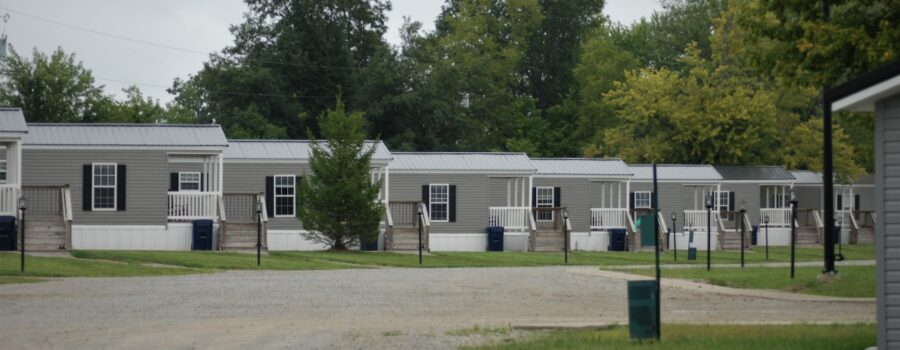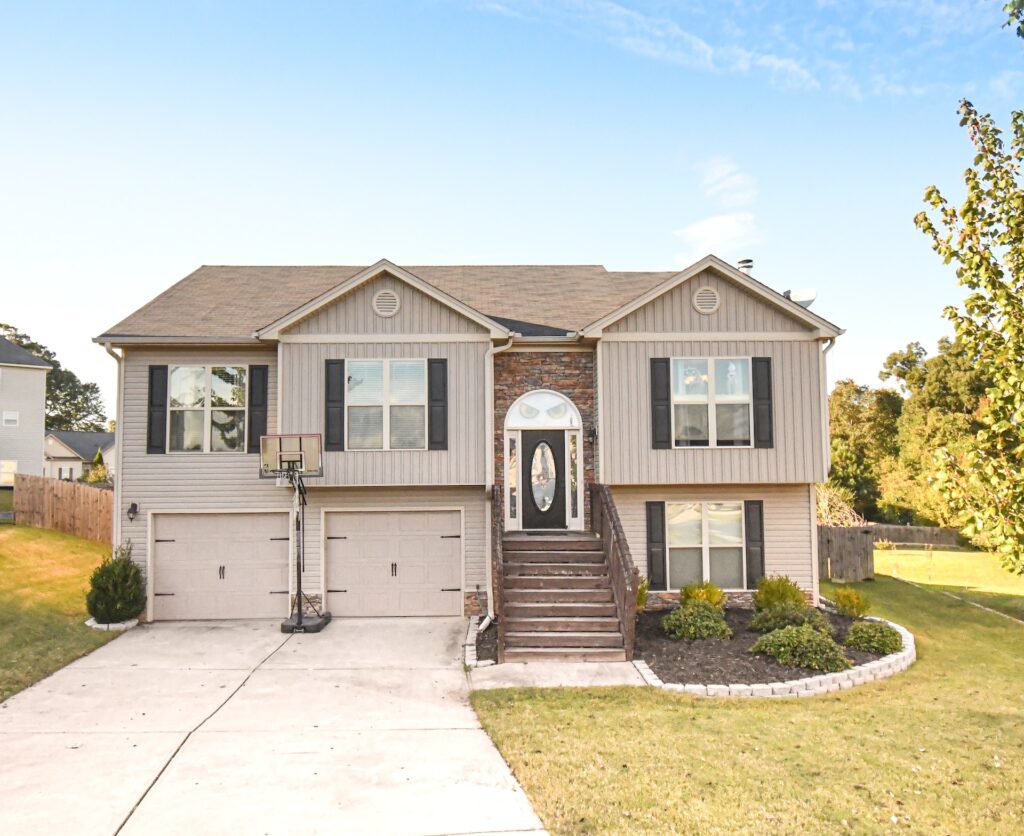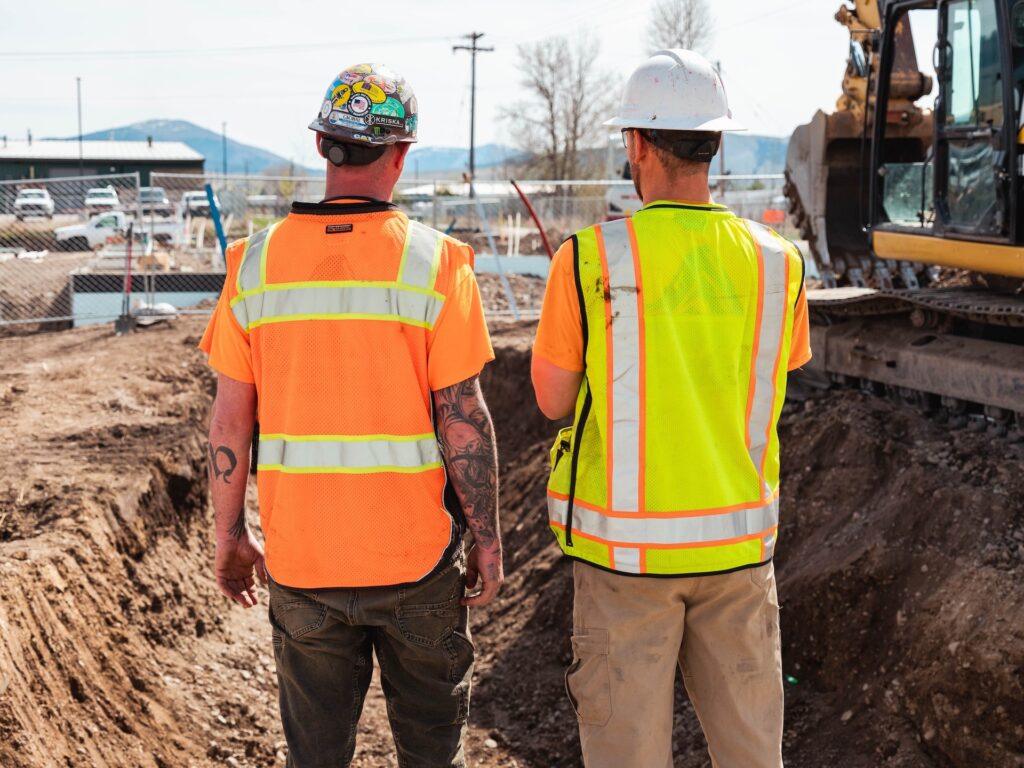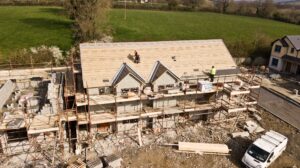
Navigating the Mobile Home Moving Maze: A Proactive Guide to Permits, Compliance, and Industry Evolution
Moving a mobile home involves a complex process, and understanding the costs associated with permits is crucial. Permits play a pivotal role in ensuring mobile homes’ safe and lawful transportation. This article will provide a comprehensive guide to the different types of permits, associated fees, application processes, and the responsibilities of various stakeholders involved in California’s mobile home moving process.
Types of Permits
California mandates several types of permits for moving mobile homes, including single-trip permits, annual permits, and repetitive permits. Single trip permits, valid for seven consecutive days, are suitable for a one-time move from a single origin to a single destination. Annual permits, lasting one year, cater to specific vehicles on specified highways. Repetitive permits, with a maximum duration of 90 days, are akin to single-trip permits for repeated deliveries of the same load. It’s essential to grasp the distinctions among these permits to ensure compliance with state regulations.

Permit Limits and Regulations
Mobile home moving in California is subject to stringent regulations regarding width, length, height, and weight. Maximum limits exist for each category; understanding these limits is crucial for obtaining the correct permit. Whether it’s the 14′ width restriction, the 105′ length limit (including tongue), or the 6,000 lbs. maximum weight per axle, adherence to these specifications is essential. Manufacturers, dealers, and transporters must know these limits to secure the appropriate permits and conduct lawful moves, promoting safety and regulatory compliance.
Permit Duration and Restrictions
Understanding the duration and restrictions of different permit types is vital for a smooth mobile home moving process. Single-trip permits provide a 7-day delivery window from a single origin to a destination, ensuring efficiency and timely completion. Annual permits, valid for a year, offer flexibility for sure envelope loads or specific vehicles on specified highways. Repetitive permits, with a maximum duration of 90 days, accommodate repeated movements of the same load over the same route. It’s crucial to be aware of these time constraints to effectively plan and execute mobile home moves, avoiding any complications related to expired permits.
Manufacturer and Dealer Responsibilities
Licensed manufacturers and dealers are crucial in the mobile home moving process. They are responsible for obtaining permits and ensuring compliance with regulations. Transporters associated with the business must possess an HCD decal. This collaboration among manufacturers, dealers, and transporters ensures that mobile homes are moved legally and safely. The HCD decal signifies adherence to industry standards, fostering transparency and accountability within the mobile home transportation sector. Understanding these responsibilities is vital for all parties to contribute to a streamlined, law-abiding moving process.

Specialized Applications and Procedures
Specific mobile home alterations or conversions may deviate from standard guidelines, necessitating specialized application procedures. Understanding these unique circumstances is crucial for successful permit applications. Manufacturers, dealers, and transporters must be well-versed in the additional approvals and inspections required for such cases. This ensures that alterations or conversions meet regulatory standards and comply with state laws. These specialized procedures underscore the importance of adaptability within the industry, promoting a thorough understanding of all facets of the mobile home moving process.
In moving mobile homes, it is essential to consider and adhere to environmental regulations. As homes are transported, there may be potential impacts on local ecosystems and communities. Compliance with environmental standards ensures that the moving process minimizes its ecological footprint. By understanding and incorporating these considerations into the permitting process, mobile home movers contribute to sustainable practices and community well-being. This aligns with broader efforts to balance the mobility of homes with environmental responsibility.
Public Safety Measures
Public safety is paramount when moving mobile homes, and permits ensure the process adheres to established regulations. Safety measures should be implemented throughout the transportation journey, considering factors such as road conditions, weather, and proper securing of the home. The permitting process acts as a mechanism to enforce these safety measures, reducing the risk of accidents and ensuring the well-being of the transporters and the public. By prioritizing public safety, the mobile home moving industry fosters trust within communities and upholds the overall safety standards of the transportation sector.
Public Outreach and Education
Educating the public and industry professionals about the permit requirements and regulations associated with moving mobile homes is vital for fostering awareness and compliance. Public outreach initiatives can include informational campaigns, workshops, and online resources to ensure that individuals involved in the process and the general public understand the importance of permits in guaranteeing legal and safe mobile home moves. Through ongoing education, the industry can enhance transparency, mitigate potential issues, and promote a culture of responsibility and compliance among all stakeholders.
Future Developments and Changes
Staying abreast of potential developments and changes in permit regulations is crucial for those moving mobile homes. Industry professionals should monitor updates to laws, codes, or procedures that may impact the permitting process. This proactive approach enables stakeholders to adapt to evolving requirements, ensuring continued compliance and efficiency in the mobile home moving sector.

Adaptability in a Dynamic Regulatory Landscape
The mobile home moving sector operates within a dynamic regulatory landscape, where laws, codes, and procedures can change frequently. Staying abreast of these developments is not just advisable but imperative for industry professionals. Regulatory changes can stem from a variety of factors, including advancements in technology, shifts in environmental considerations, or evolving safety standards. By proactively monitoring these changes, professionals in the mobile home moving sector position themselves to respond swiftly and effectively, ensuring their practices align with the most current and relevant regulations.
Anticipating Regulatory Shifts
The proactive approach involves more than merely responding to changes; it necessitates anticipating shifts in the regulatory environment. Industry professionals can position themselves ahead of the curve by actively seeking information on proposed changes or upcoming legislative updates. This foresight allows for strategic planning, enabling businesses to adapt their practices, training programs, and operational procedures in anticipation of new regulatory requirements. In doing so, stakeholders can maintain a competitive edge while fostering a culture of compliance that aligns with evolving industry standards.
Ensuring Continued Compliance
Maintaining compliance with updated regulations is not only a legal necessity but a key element in building trust with stakeholders and ensuring the safety and well-being of the public. A robust system for tracking and implementing regulatory changes is essential to prevent inadvertent violations that may result in penalties, legal complications, or damage to a company’s reputation. By staying informed and updating internal processes accordingly, businesses can demonstrate a commitment to ethical and lawful practices, establishing themselves as responsible and reliable contributors to the mobile home moving industry.
Enhancing Operational Efficiency
In addition to ensuring compliance, a proactive approach to monitoring and adapting to regulatory changes enhances operational efficiency. By understanding and incorporating new requirements into their standard operating procedures, industry professionals can streamline processes, reduce the risk of disruptions, and optimize resource allocation. This efficiency contributes to the overall effectiveness of mobile home moves and can positively impact the bottom line, fostering sustainability and growth within the sector.

Collaborating with Regulatory Authorities
Maintaining open lines of communication with regulatory authorities is crucial to staying abreast of developments. Establishing a collaborative relationship allows industry professionals to seek clarification on new regulations, express concerns, and actively participate in shaping future standards. This collaborative effort promotes a sense of shared responsibility, where regulatory authorities and industry stakeholders work together to ensure that regulations are effective, practical, and reflective of the industry’s needs and challenges.
Conclusion
Moving a mobile home is a multifaceted process that demands careful consideration of permits, regulations, and responsibilities. This comprehensive guide has delved into the various facets of obtaining permits, covering types, limits, regulations, and responsibilities. Understanding the duration and restrictions associated with permits is crucial, as is recognizing the pivotal role of manufacturers, dealers, and transporters in the process. Specialized applications, environmental considerations, and public safety measures underscore the importance of a holistic approach to mobile home transportation.
Furthermore, we explored the significance of public outreach and education, emphasizing the role of transparency and awareness in fostering compliance. Case studies provided practical insights into real-world scenarios, offering valuable lessons for industry professionals. Discussing future developments and frequently asked questions ensures stakeholders are well-prepared for changes and common queries.
As the mobile home moving industry evolves, staying informed, adaptable, and committed to safety and compliance remains paramount. By embracing these principles and utilizing the resources provided, stakeholders can confidently navigate the permitting process, contributing to the efficiency, safety, and sustainability of mobile home transportation in California.

Jason Somers, President & Founder of Crest Real Estate
With over 15 years of professional experience in the Los Angeles luxury real estate market, Jason Somers has the background, judgement and track record to provide an unparalleled level of real estate services. His widespread knowledge helps clients identify and acquire income producing properties and value-ad development opportunities.
Learn more about Jason Somers or contact us.



